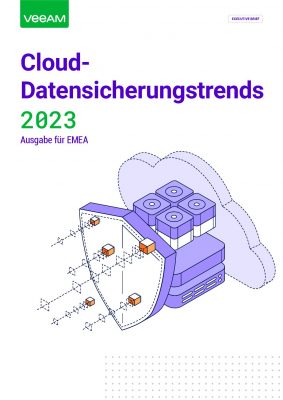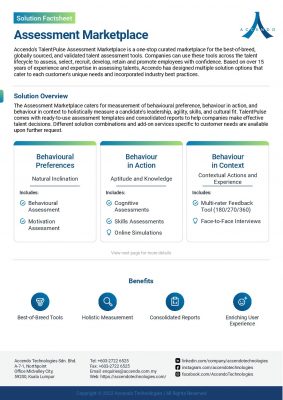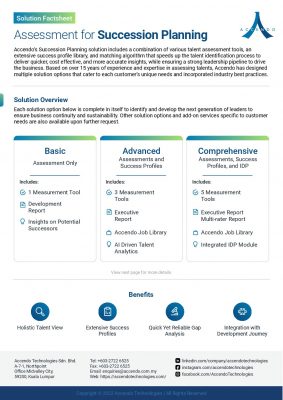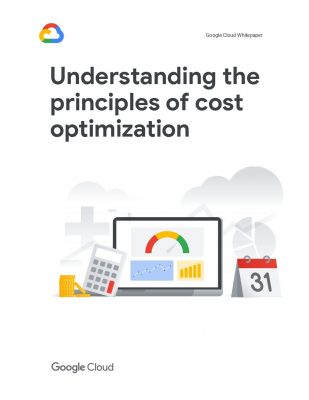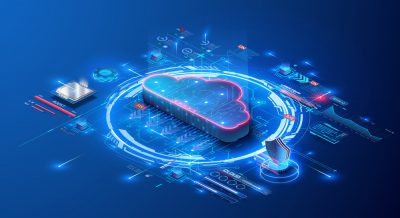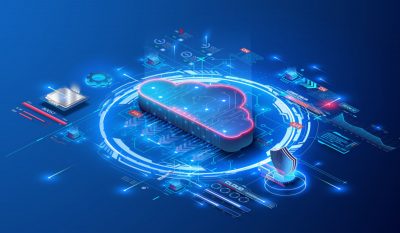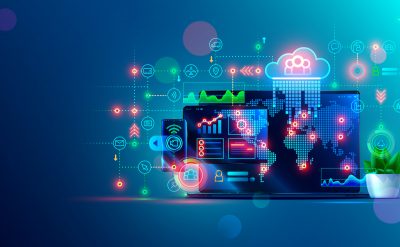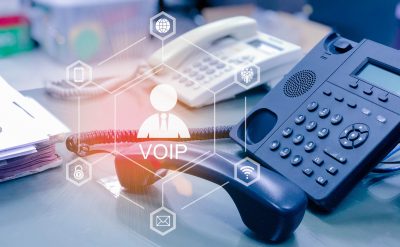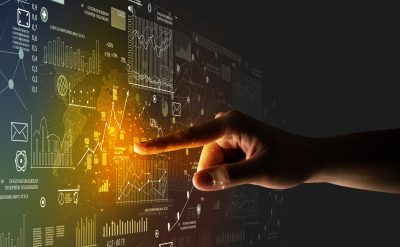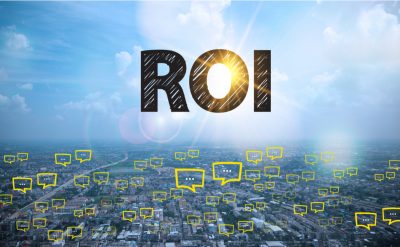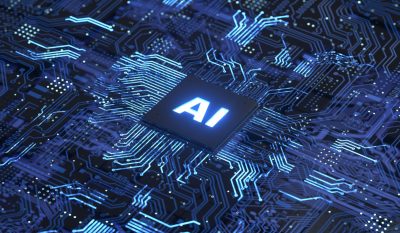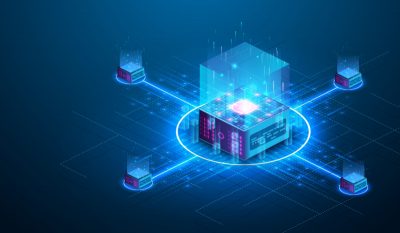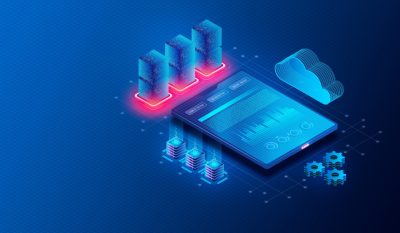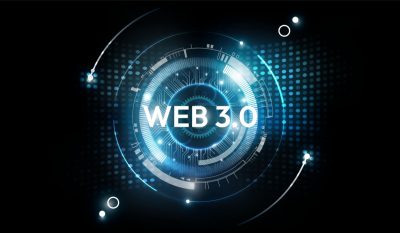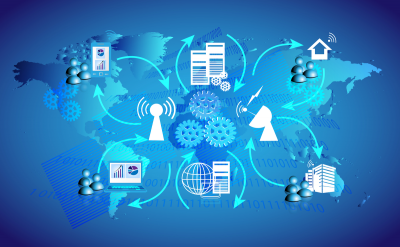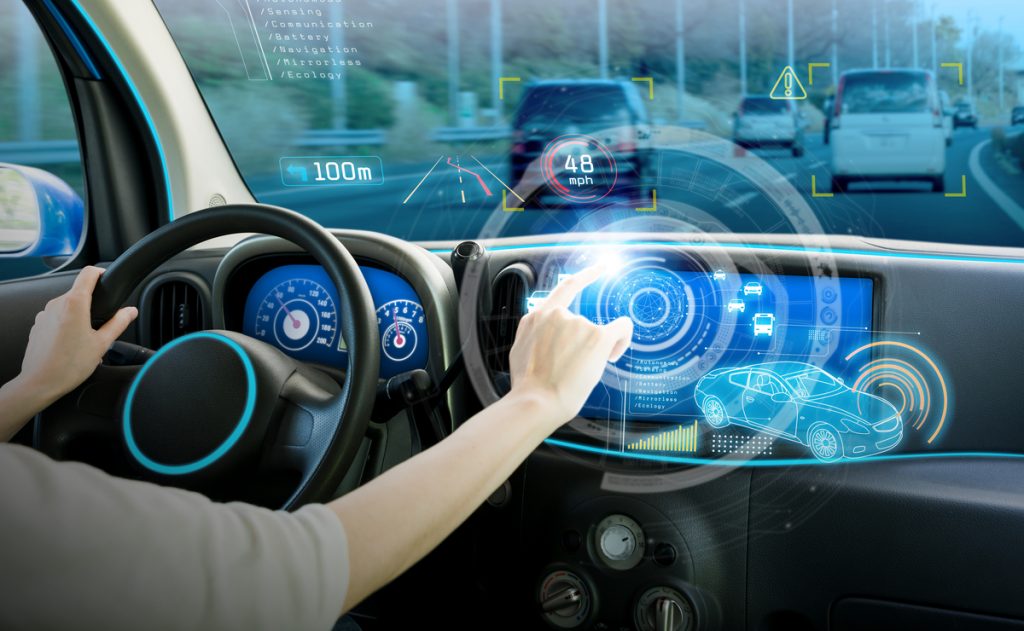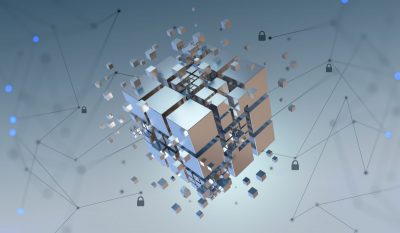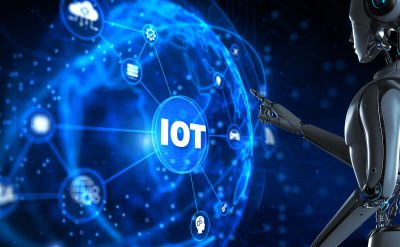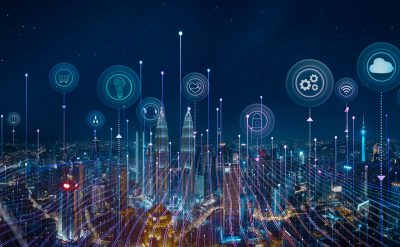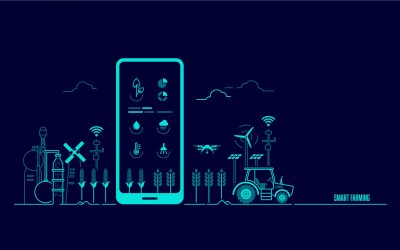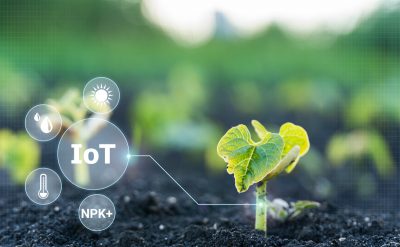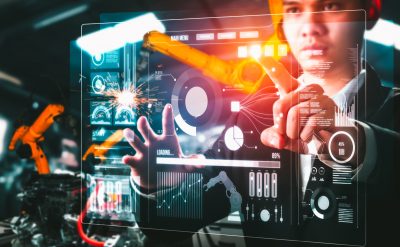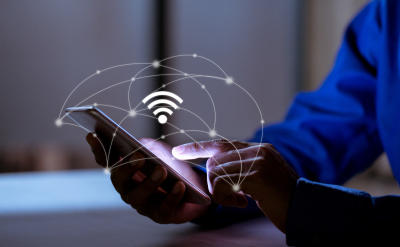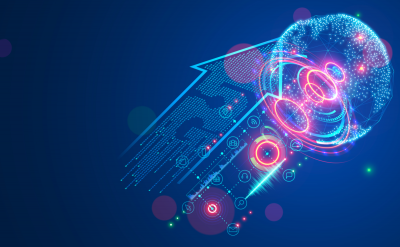So who do you think owns the road? Your car or the IoT connected cars of today and tomorrow? The answer is, maybe your beast might own the road today, but tomorrow belongs to the IoT connected cars. When we think of the automotive industry, IoT may not be the first thing that comes to mind, and this may be for many reasons. The eternal war between whether to drive an automatic or to feel the real horsepower, i.e., to drive a stick. Or also maybe because the automotive industry is a slow-paced one that deliberately integrates technology at a pace that is slower than other sectors. However, with the technological advancement and IoT coming into the picture, the automotive industry is also aligning itself with the technological zeitgeist as it promises safety, customization, and convenience.
So, how is IoT changing the automotive industry?
Improves road safety
IoT can make the road a safer place through alerts that detect accidents and even lousy driving. IoT can automatically detect collisions and contact emergency accordingly. They can also subsequently send a message to the car manufacturers so they can make vehicular improvements.
If we look at the stats, the majority of the accidents on the road happen due to human error, and even though to err is human, IoT is the fixing mechanism. IoT can detect your driving behavior and make suggestions accordingly. Individual fleet companies in the UK are already making good use of this technology to improve their employees’ driving quality.
It can change the way people drive
Cars will become more integrated with the IoT, as this technology not only assists drivers but takes full control… ergo ! A vehicle having this technology will mean that it will have integrated sensors that will detect upgraded road signs and markings through a network of cameras. From vehicles paying for fuel to paying for their insurance with your saved details, it will make the car owners’ life way more relaxed and not to mention making roads a better and safer place.
IoT can help with traffic congestions
Well, that statement is a godsend from where I come from! But it’s true. IoT can be used to swarm intelligence in traffic. This will allow operators to coordinate with cars and reduce congestion. Common checkpoints can be identified, and a geo-location of when the roads are the busiest can be communicated. Therefore, authorities can use this piece of information to alleviate traffic.
IoT will lead to better roads
Doesn’t this sound like a dream? Better traffic, better driving, and now better roads. With IoT, the local departments will be able to detect road maintenance, accidents, traffic usage in a matter of seconds. IoT will ensure that the roads are not left in poor condition.
Help reduce pollution and energy expenditure
Take an inference from Singapore; they have converted the country into an IT Pro Portal city… need I say more. The city aggressively implements congestion charges, and their intent of focus is investing on-road sensors, smart parking, and phased parking lights… that’s an IoT city right there for you. IoT driven tools have helped them reduce toxic gas emissions. Jamshedpur, India is another example where 300 IoT connected streetlights are used to track movement on the road, and this saves unnecessary energy consumption.
IoT is a godsend when we speak about capabilities except that businesses play an important ecosystem, and understanding specific transformational impact does take time. And as mentioned before, the automotive industry isn’t the fastest of the industry to expect this penetration soon. But we can only hope.
To know more, read our latest whitepapers on Internet of Things.










